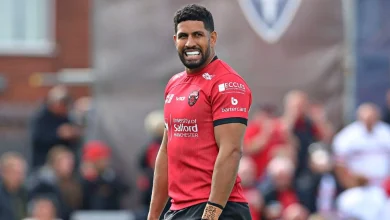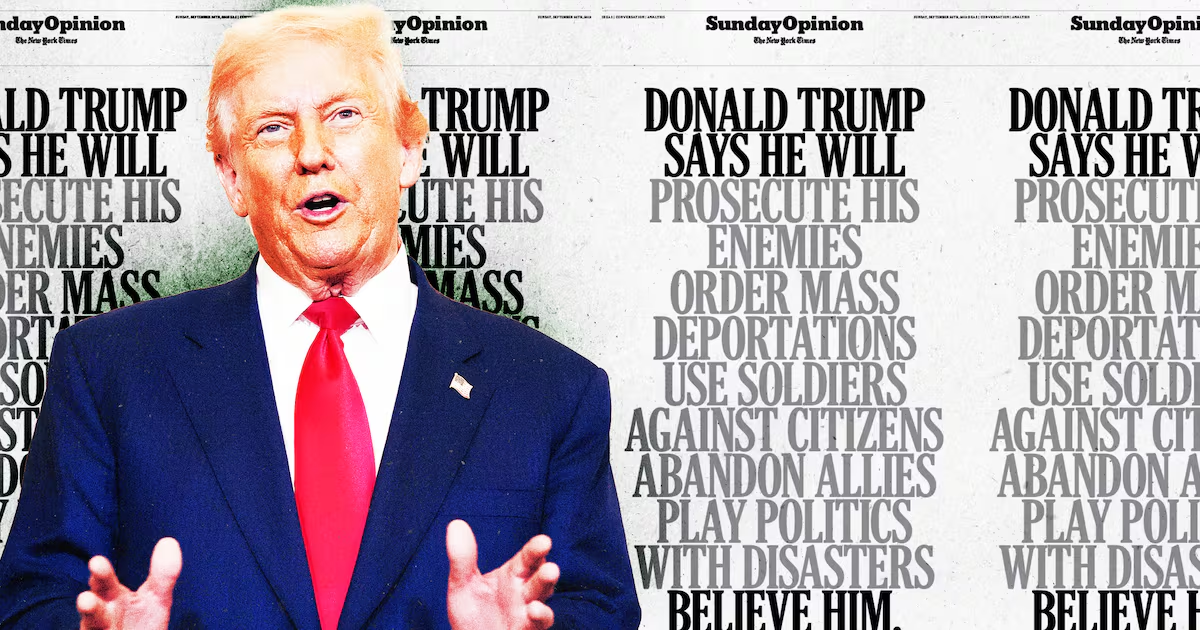£3.53 for The Traitors? The licence fee is a bargain

I’ve run the numbers: the BBC needs to stop telling us how important it is and start telling us how cheap it is
I’ve run the numbers, and if my £174.50 licence fee went only toward the time I’ve spent this year watching Strictly Come Dancing, it’d be costing me £6.90 an hour. If it went only toward the time I’ve spent watching The Traitors, it’d be costing me £3.53 an hour. If it went only toward the time I spend listening to the Today programme every weekday morning, it’d be costing me 22p per hour. If it went only towards the time I spend rewatching old Bob Mortimer appearances on Would I Lie to You? in the middle of the night – well, by that point it’s basically free.
Now, I’m not brilliant at maths – could be all the TV – but even I can tell you that’s good value, and that honestly, if I was asked to pay those prices per hour for any of them, I’d do it. But I’ve never been moved to work out what it’s really costing me, because I use the BBC all the time and I know I’m getting good bang for my buck. I see it as a tax – stump up once a year, dutifully complain at even the slightest institutional mismanagement and demand its overlords are held to account, and feel satisfied I’m getting my money’s worth.
But the licence fee is not a tax, and more and more people are opting out of paying it. Last week it was reported that it’s losing £1bn a year in revenue from people refusing to pay – as is their right if they really aren’t using it, but that seems implausible to me – and this week there are reports that the situation is growing so desperate that Culture Secretary Lisa Nandy may block next year’s inflation increase, to £181, freezing the current price and losing the corporation another £160m. Which means less money to make good programmes, making the BBC a less valuable “product” and giving its detractors even less of a reason to pay for it – and so the fight for survival continues.
Bob Mortimer on Would I Lie to You? (Photo: Brian J Ritchie/BBC)
We are supposed to understand this as a terrifying existential crisis. A threat to our culture, our media, our values, our soft power, our Britishness itself. We are warned all the time about the dangers of losing it, how each of us must defend this unique public service broadcaster, as if it alone has our best interests at heart when sinister political, tech and financial forces might otherwise manipulate us.
And personally, I believe most of that’s true – but it’s not working on everyone else. If you want your average Briton to stop bitching about the licence fee going up, then beating them over the head with its self-important messaging about why a media corporation is key to the greater good of a nation as it careens from one PR disaster to the next isn’t going to cut it. (All that does is remind everyone that we’re footing the bill and encourage us to point out its failures.) Instead, the BBC needs to stop telling people why they’re paying and start telling them exactly what they’re paying.
Let’s look at some of its big hitters. MasterChef fans, between the normal, Celebrity and Professional series, are paying about £2.77 per hour. The Archers works out slightly cheaper at £2.58 per hour (about 56p per 13-minute episode) and Match of the Day and Match of the Day 2 are about £2.19. EastEnders is a steal, at about £1.67 per hour, while Vernon Kay’s mid-morning Radio 2 show is the most popular programme in the UK, and costs about 27p per hour.
Vernon Kay’s Radio 2 show is scandalously cheap when you calculate the cost per hour (Photo: James Watkins/BBC)
I must repeat – these prices are based on these programmes being the sole BBC output a person consumes in an entire year, which nobody does, and so the real costs are much smaller, and I’m not even going to attempt to work out how much BBC News or background radio or sports or nature is costing. Even if all you used the BBC for was to rewatch Gavin and Stacey, it would cost £13.42 an hour, which is as expensive as this gets but still cheaper and better than most cinema tickets (there’s an absurd bank of films on iPlayer, as it goes).
The BBC has a duty to serve every possible demographic, and ties itself in knots attempting to be all things to all people. In truth, it already does have something for everyone on iPlayer and it would be far more impactful to tell everyone just how cheaply they’re getting their favourite binge-watch, whatever it is, than to try and make your average couch potato appreciate the principles of Lord Reith.
If iPlayer was put behind a licence-fee paywall, we would compare its value to streamers like Netflix (£155.88 per year without ads), Amazon Prime Video (95 per year) or Disney+ (£99.90) – the ones drawing audiences away and making young people believe they don’t need the BBC – and its embarrassment of riches would win every time.
It seems a simple solution – and would certainly force people to pay – but making it exclusive would defeat its very purpose as a public service. The BBC has to be easily available to everyone, we have to see it as our right, and so it is bound to be taken for granted – like every other public service. Well here’s my public service: the next time you’re watching Graham Norton or listening to Desert Island Discs, get your calculator out. Even if it “soars” to £181, the licence fee is a bargain.





